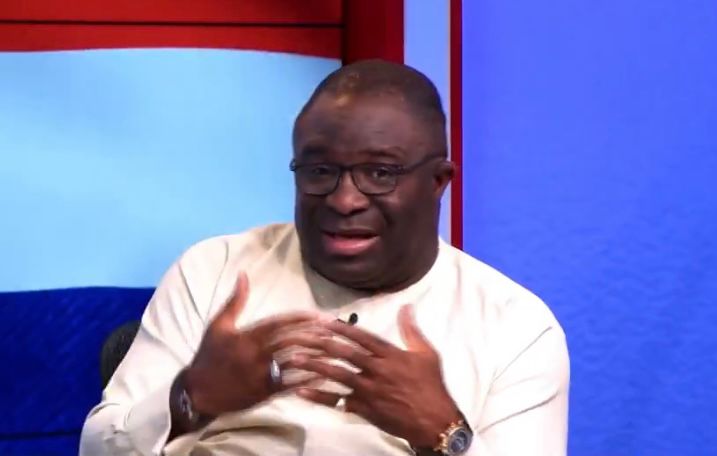Eugene Boakye Antwi, a former Member of Parliament for Subin, has asserted that the recent stabilization of the Ghanaian Cedi is not attributable to any specific policy implemented by the current Finance Minister, Dr. Cassiel Ato Forson. He attributes the currency’s appreciation primarily to the change in government and leadership, rather than deliberate economic strategies of the National Democratic Congress (NDC) administration. He contends that the change in leadership has instilled renewed confidence among donor partners, which has positively impacted the Cedi’s performance, more so than any concrete policy initiative. He further speculates that had similar leadership changes occurred within the previous New Patriotic Party (NPP) government, specifically the earlier removal of then-Finance Minister Ken Ofori-Atta, the economic outcomes might have been different. He credits the subsequent stewardship of Amin Adams within the NPP government as potentially more effective, given an earlier change in leadership.
Boakye Antwi’s argument hinges on the premise that the shift in political leadership itself generates positive momentum and renewed faith in the Ghanaian economy, particularly among international stakeholders. This renewed confidence, he suggests, has played a more significant role in bolstering the Cedi’s value than any concrete policy measures introduced by the current NDC administration. He contrasts the current situation with the economic challenges faced by the previous NPP government, suggesting that a timely change in leadership could have mitigated the economic hardships experienced during their tenure. He implicitly criticizes the delayed removal of Ken Ofori-Atta, implying that a more proactive approach to leadership transitions within the NPP government might have averted the economic difficulties faced.
The former MP emphasizes the importance of perception and confidence in influencing economic outcomes. He believes that the change in leadership, bringing in new faces and perspectives, has inherently signaled a fresh start and inspired confidence in the market, consequently contributing to the Cedi’s improved performance. He downplays the significance of any new policy initiatives by the current Finance Minister, asserting that the primary driver of the Cedi’s stabilization is the change in administration itself. This perspective highlights the potential impact of leadership transitions on economic sentiment and market behavior, independent of specific policy decisions.
Contrary to Boakye Antwi’s assessment, President John Dramani Mahama has emphasized his government’s commitment to stabilizing the Cedi and halting its recent decline against major international currencies. Acknowledging the Cedi’s recent volatility, including its brief period as the world’s best-performing currency according to Bloomberg, President Mahama has stated that his administration’s primary focus is to prevent further depreciation. He suggests a target range for the Cedi’s value against the dollar, placing it between GHS10 and GHS16, indicating a desired level of stability for the currency within this band. This assertion directly counters Boakye Antwi’s claims by highlighting the government’s active efforts to manage the Cedi’s performance.
This divergence in perspectives reflects the ongoing political and economic discourse in Ghana surrounding the Cedi’s performance. Boakye Antwi, from the opposition NPP, attributes the currency’s recent stability to a change in leadership and donor confidence, downplaying the current government’s policy initiatives. Conversely, President Mahama and his NDC administration emphasize their active role in managing the Cedi and preventing further depreciation, highlighting their efforts to stabilize the currency. This differing narrative underscores the political dynamics at play in interpreting economic trends and assigning responsibility for economic outcomes.
The debate surrounding the Cedi’s performance underscores the complexities of economic management and the interplay of various factors, including leadership, policy, and market sentiment. While the change in leadership may have contributed to renewed confidence, it is difficult to isolate its impact from other factors, such as global economic trends and specific policy interventions. The ongoing fluctuations in the Cedi’s value highlight the challenges faced by the Ghanaian economy and the differing perspectives on how best to address them. The differing interpretations by political actors also underscore the importance of objective economic analysis to evaluate the true drivers of economic performance and the effectiveness of government policies.














